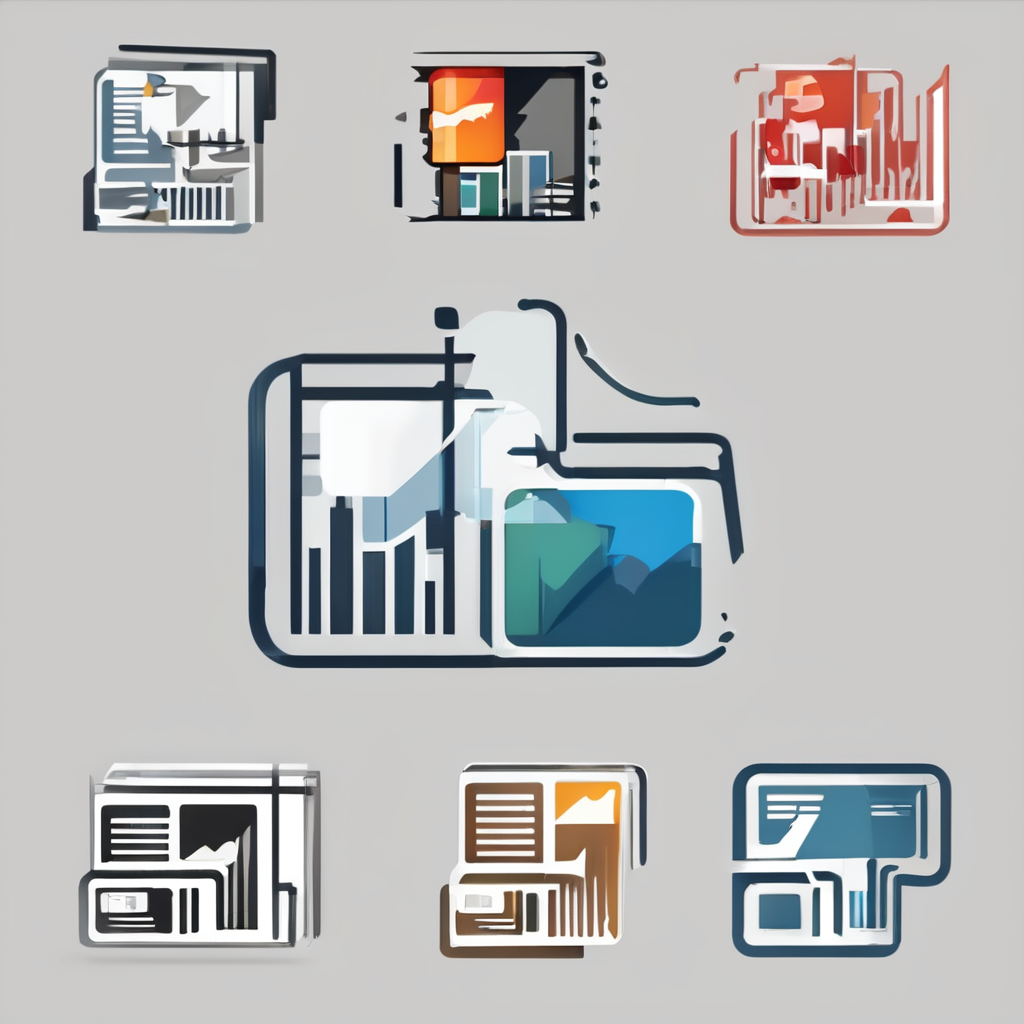Customs compliance at the Calais border has transformed since Brexit, introducing new procedures, documentation, and inspections that often delay shipments. Understanding recent regulatory changes, required declarations, and available support services helps traders avoid costly errors and lengthy queues. Efficient clearance now depends on strategic use of inland customs offices, appointed representatives, and careful preparation to maintain smooth cross-Channel trade flows.
Fulfilling Calais border customs compliance: Essential rules, procedures, and legal requirements post-Brexit
You can see on this page https://www.asalinks.eu/, all the steps involved in customs compliance when passing through Calais. Since the UK’s exit from the European Union, all trade at the Calais border is now subject to strict new regulatory obligations. Each import/export operation must follow precise declaration rules: the DAU (Document Administratif Unique), the BAE (Bons à enlever), the EORI number for economic identification, the GMR (Goods Movement Reference) and the ENS (Entry Summary Declaration) are all mandatory, depending on the nature and destination of the goods.
Have you seen this : Essential tips for trading across the calais border
The customs clearance process in Calais comprises several stages: presentation of documents to customs, physical or documentary checks, and authorization to pass through. These controls, sometimes reinforced by sanitary checks, can lead to variable delays. To streamline the procedure, some companies opt for customs representation or the use of inland offices, which requires the appointment of an authorized representative. Complying with all these requirements limits the risk of sanctions and ensures the regularity of cross-border trade.
Navigating customs documentation, declarations, and health checks for Calais trade
Completing mandatory declarations and avoiding common errors
Accurate completion of mandatory customs declarations is essential for cross-border trade in Calais. Precision—measured as the proportion of your submitted information that matches customs requirements—directly impacts clearance times. Common pitfalls include misclassification of goods, incorrect HS codes, and missing or invalid proof of preferential origin, especially under post-Brexit agreements. Double-check that each shipment’s paperwork, including the Single Administrative Document (DAU) and Entry Summary Declarations (ENS), is filled accurately and submitted on time. Even minor customs declaration errors may result in customs holds, fees, or fines, so regularly update your compliance knowledge through official customs resources to minimize risk.
In parallel : Why Are UK Business Services Essential for Economic Growth?
Adhering to sanitary and phytosanitary inspection procedures to prevent compliance delays
Shipments subject to sanitary and phytosanitary controls face rigorous documentation and, at times, laboratory checks for food products or live animals. Delays commonly stem from incomplete health certificates, imprecise product descriptions, or mismatched documentation. To prevent extended inspections and ensure regulatory compliance, collaborate with experienced customs representatives capable of supporting veterinary and health paperwork requirements—especially at designated inspection points in Calais and the Channel Tunnel.
Managing import/export documentation and customs duties, with tips for VAT and declarations
Every import and export through Calais must be accompanied by all required import/export documents, such as proof of origin, invoices, and packing lists. Understand VAT responsibilities, which often demand a fiscal representative if based outside France. Avoid complications by staying updated on changing VAT regulations for Calais border trade and using expert customs brokers to manage submission processes, duty calculations, and potential duty exemptions based on origin and tariff classification. Efficient record-keeping and reliable cross-border documentation ensure smoother supply chain customs compliance and help avoid unnecessary clearance delays.
Solutions, challenges, and official resources for efficient cross-border movement at Calais
Minimising logistics disruption: Use of customs brokers, inland clearance, and secure parking
Precision: Customs brokers in Calais facilitate compliance by managing paperwork and representing clients to customs, minimizing delays and errors. Inland clearance options and secure parking, such as at the Calais TruckStop, allow trucks to avoid congestion at border posts and ensure safety during necessary stops. Real-time monitoring and dedicated support staff further reduce the risk of missed deadlines or procedural faults.
Elaboration: Appointing a Registered Customs Representative ensures expertise in handling complex documentation—from the DAU to the GMR. Inland clearance, under regimes such as Temporary Admission or Bonded Warehousing, means goods can be processed away from high-traffic zones. Secure vehicle parking with amenities not only protects assets but reduces driver stress.
Risk management, compliance challenges, and penalties for non-compliance
Precision: Non-compliance—such as incorrect documents or failing to submit a required Entry Summary Declaration—may result in heavy fines or delayed shipments. Routine audits enforce strict adherence to customs warehouse regulations and VAT procedures.
Elaboration: The challenge intensifies around sanitary and phytosanitary checks, where detailed, accurate records—including MRN envelopes for customs or veterinary controls—are vital. Proactive risk management, via broker oversight and timely customs data submission, helps prevent costly penalties.
Accessing official support, resources, and 24/7 assistance for traders at the Calais border
Precision: Certified agencies and customs offices at Calais, including those staffed by ASA’s 24/7 team, guide traders through border procedures, ensuring regulatory accuracy.
Elaboration: Immediate access to customs support—especially in high-activity zones like the Channel Tunnel and Port of Calais—facilitates continuous compliance. This comprehensive assistance is available for technical issues, veterinary requirements, and customs queries.







